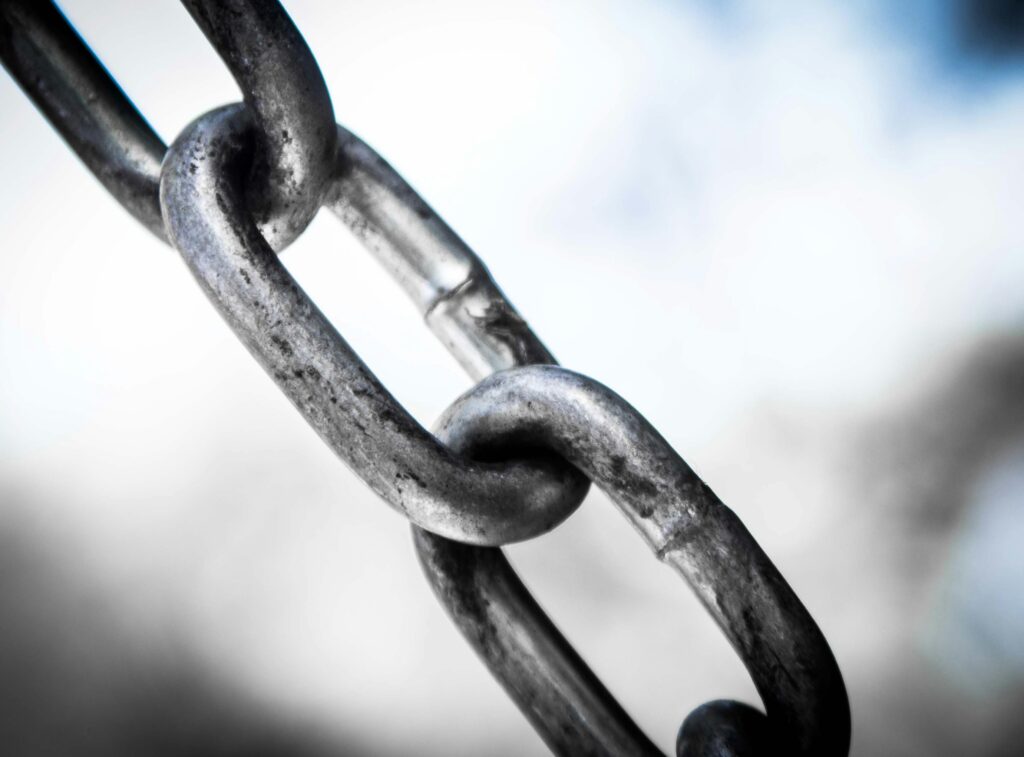
Can I Sell My House in Negative Equity?
Estimated reading time 6 minutes
Selling a house is stressful at the best of times, but throw in negative equity, and things get a bit more complicated. If you’re wondering “Can I sell my house in negative equity?” the short answer is yes—you can. But it’s not without challenges. Let’s break it down and look at your options.
What is negative equity?
Negative equity happens when the value of your home drops below what you still owe on your mortgage. Basically, you owe more than your house is worth.
This usually happens because house prices have fallen, or because you borrowed a bit too much. It’s a tough situation, but it doesn’t mean you’re stuck forever.
The causes of negative equity vary. Falling house prices may be to blame, as are high loan-to-value mortgages. Back when interest-only mortgages were popular, many fell into negative equity as they didn’t pay anything towards their debt.
If you’re unlucky enough for your property to experience any major structural issues or subsidence, this can significantly lower the value, while the mortgage remains the same.
How do I know if I’m in negative equity?
It’s not like you get a call from your lender when this happens…so how can you tell?
It’s surprisingly simple. All you need to check is two things: Your outstanding mortgage balance, versus how much your property’s worth right now.
The first of those things requires an up to date mortgage statement, but the second is a little more involved, as you’ll need to get an estate agent or surveyor in, or Rightmove and Zoopla can give you a ballpark figure.
If your mortgage debt is higher than your property’s current market value, you’re in negative equity.
So, let’s say Sally’s got a £250k mortgage on her house, but a local agent values it at £240,000 based on today’s market. Sally’s in £10,000 worth of negative equity.
Can you sell a house with negative equity?
The super-quick answer is yes, but it’s not always a simple process. When you sell a house with negative equity, the sale price won’t cover the mortgage, so you’ll still owe your lender money after the sale. That’s the tricky part—you’ll need to sort out how to pay off the rest.
Some people hold off and wait for house prices to recover, but that’s not always possible. If you need to move now, you can sell in negative equity—you’ll just need a plan to handle the shortfall.
What are my options for selling a home in negative equity?
Here’s where things get practical. But before you take an option and run with it, start by talking to your lender. They might be open to a solution, especially if you’re struggling with repayments.
The first option is a short sale. This is where the lender accepts less than what’s owed on the mortgage. However, short sales can take time to negotiate, and your credit score may take a hit as a result, so it’s important to weigh this carefully. Overall it’s not ideal, but it can get you out of a tight spot.
Another route is to sell to a cash house buyer. They can buy quickly, often helping you sort out your debts faster. This route can help you avoid the headache of a drawn-out sale, especially if you’re facing mounting financial pressure. Opt for a buyer who covers all your fees and does all the paperwork to make it even easier.
A third option is to rent out your property instead of selling. This could buy you time until the housing market improves or until you’re in a better financial position, covering your mortgage payments in the meantime. However, being a landlord comes with its own responsibilities and risks, and you’ll need to get the go-ahead from your lender, so weigh the pros and cons carefully.
Should I use my savings to clear the shortfall?
Got savings? One option is to overpay on your mortgage to shrink the gap between what you owe and what your house is worth. This could get you back into positive equity, meaning you can sell without a hitch.
But before you go down this route, check your mortgage terms. Some lenders charge fees for overpayments. And ask yourself, can you afford to part with your savings? Once they’re gone, they’re gone, and they might be better kept as a safety net for future needs.
What are the real risks of negative equity?
As well as making it harder to sell your home, negative equity can have a ripple effect on your finances. If your property is worth less than your mortgage, remortgaging becomes difficult, if not impossible. Lenders are unlikely to give you a better deal, meaning you could end up stuck on your lender’s standard variable rate, which is often more expensive.
What’s more, if house prices continue to fall, the shortfall could get even worse. So before you rush into selling, it’s worth weighing up the risks and asking whether you can afford to hold out for a market recovery.
What is a negative equity mortgage?
Some lenders offer negative equity mortgages, which allow you to transfer your mortgage to a new property, even if you owe more than your current home is worth. This can be a huge help to some, but this sort of mortgage is usually more expensive, plus you’ll be expected to put down a large deposit on the new property.
Should I just wait for the market to bounce back?
If you’re not desperate to sell, this might be a good option. Just like any other market, the housing market fluctuates, so negative equity usually isn’t a permanent predicament.
Prices rise over time — that has always been the pattern — so your property’s value is very likely to rise, plus if you carry on making steady mortgage repayments you’ll own more and more of your property.
Choose a smart start
So, yes, you can sell your house with negative equity—but make sure you know what you’re getting into. Talk to your lender, weigh your options, then plan carefully.
A smart place to start is by getting a free, no-obligation cash offer from a reliable cash buyer like SellHouseFast.co.uk.
We buy any house, even if it’s in negative equity, and our process is fast and hassle-free. So why not get in touch for a free, no-obligation quote and see how we can help you move forward.


